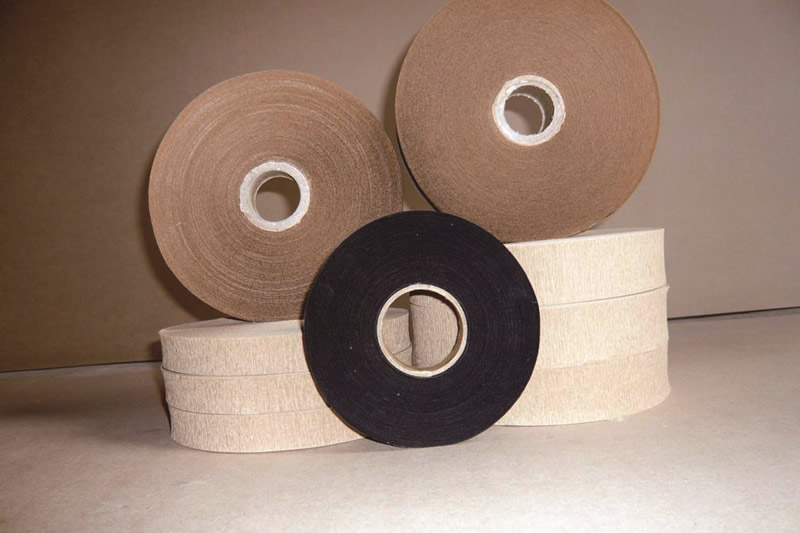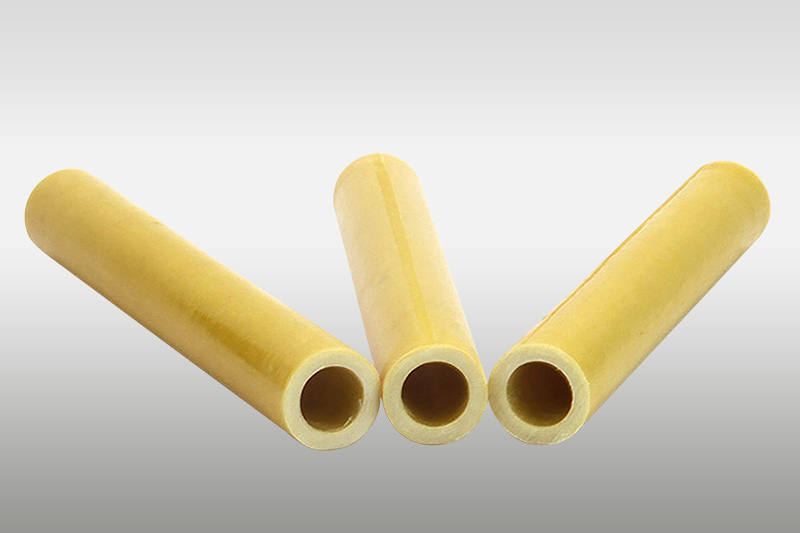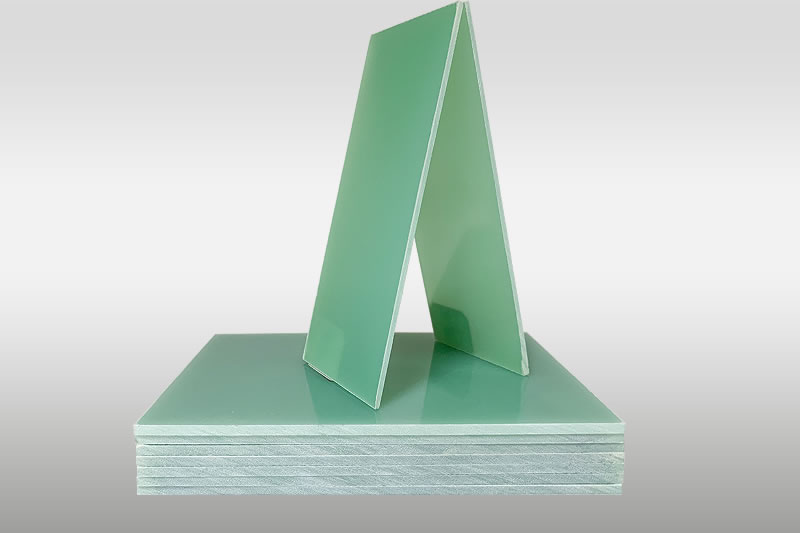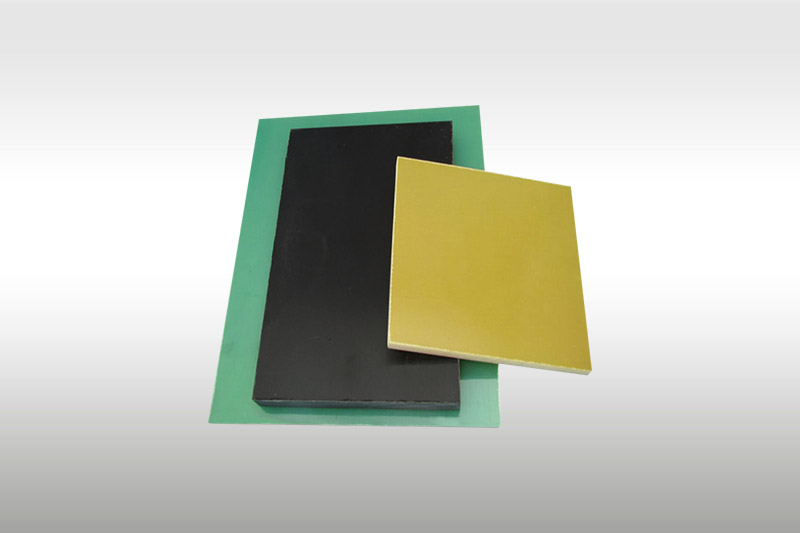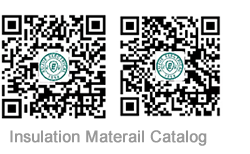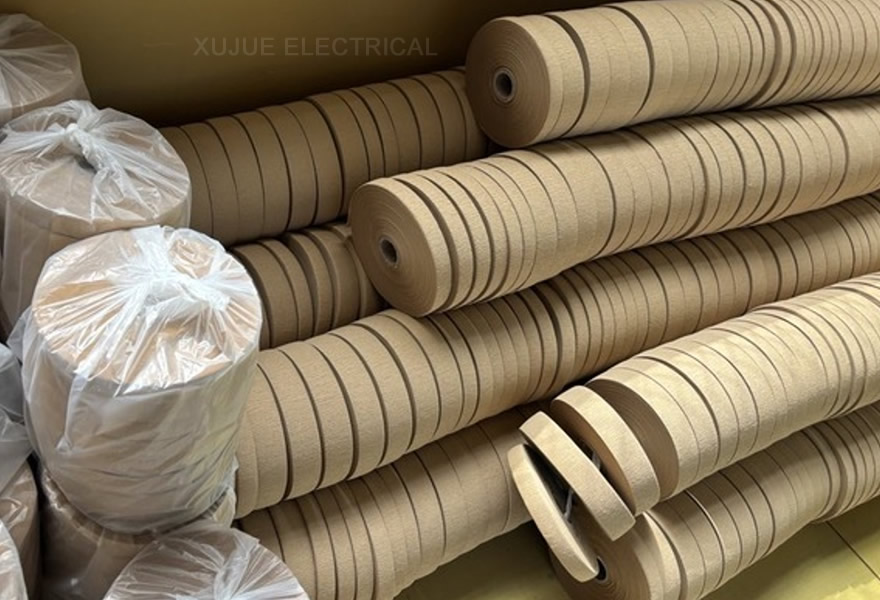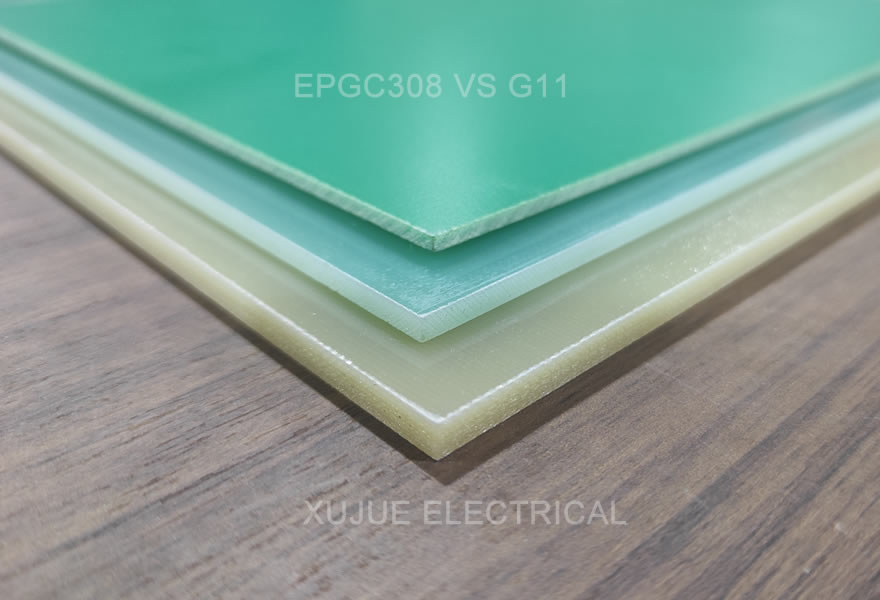Application of phenolic cotton cloth rod in transformer
Phenolic cotton rods (also known as phenolic laminated rods or bakelite rods) are a common insulating structural mate...
Phenolic cotton rods (also known as phenolic laminated rods or bakelite rods) are a common insulating structural material in transformers, primarily used to manufacture support, fastening, and isolation components requiring high mechanical strength, good insulation properties, and a certain degree of dimensional stability.

The following details its application and selection key points in transformers:
I. Main Application Scenarios
Coil Stays:
Purpose: Provides support within the coil (axial oil passages) or between coils (radial oil passages), forming cooling oil channels, ensuring coil structural stability and preventing deformation.
Requirements: High mechanical strength (compression and bending resistance), excellent electrical insulation properties, dimensional stability, and resistance to transformer oil and heat.
Advantages of Phenolic Cotton Rods: Their laminated structure provides excellent mechanical strength and rigidity, making them a classic material for stays.
Spacers/Spacers:
Purpose: Used to support, secure, and isolate components such as coils, core clamps, and leads, maintaining electrical clearance and creepage distances between components. Requirements: Good mechanical strength, insulation, processability, wear resistance, and heat resistance.
Advantages of Phenolic Cotton Rods: Easy to process into various complex shapes (turning, milling, drilling), high strength, and reliable insulation.
Fasteners (screws, nuts, pins, etc.):
Purpose: Used to secure components such as clamps, pressure plates, and tap changers.
Requirements: High mechanical strength (especially shear and tensile strength), good insulation (to avoid short-circuiting loops or reduced insulation distances), and creep resistance.
Advantages of Phenolic Cotton Rods: Significantly stronger than ordinary plastics, with excellent insulation properties, they can replace some metal fasteners to eliminate eddy current losses or meet insulation requirements.
Lead Supports/Clamps:
Purpose: Support, secure, and guide high and low voltage leads, ensuring accurate lead positioning, adequate insulation distances, and preventing vibration wear.
Requirements: Good mechanical strength, insulation, heat resistance, and arc resistance (when near high voltage areas). Advantages of Phenolic Cotton Rods: They can be processed into desired bracket shapes, meeting required strength and insulation performance.
Tap Changer Components:
Purpose: Used in manufacturing insulating brackets, connecting rods, contact supports, and other components of tap changers.
Requirements: High mechanical strength, excellent electrical insulation, wear resistance, dimensional stability, and arc resistance.
Advantages of Phenolic Cotton Rods: They offer excellent overall performance and are a commonly used insulating structural material in traditional tap changers.
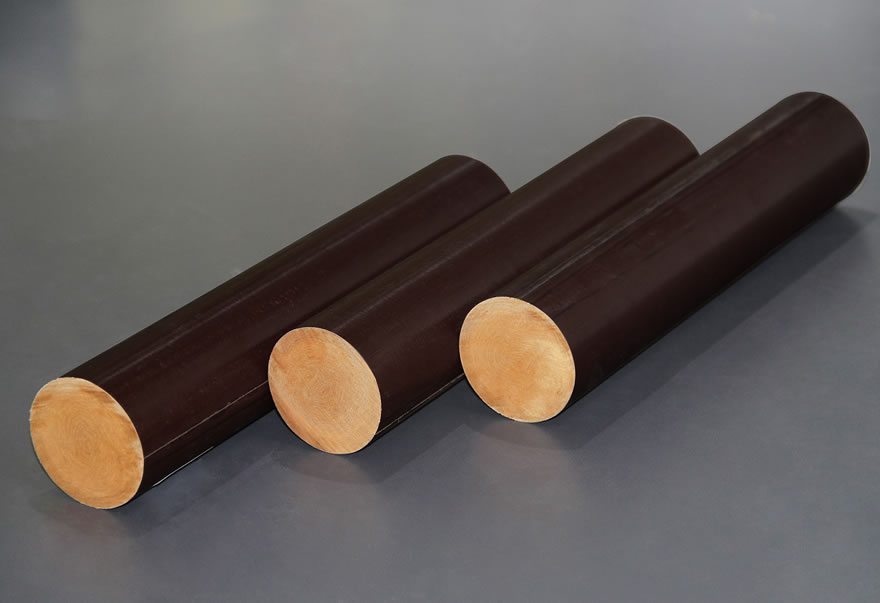
II. Selection Guidelines
| Application Position | Recommended Diameter Range | Length Range | Key Considerations |
|---|---|---|---|
| Insulating Tie Rod / Pressing Stud | Ø20–60 mm | ≤1000 mm | High mechanical strength and dimensional stability; withstands large axial forces |
| Positioning Pin / Support Rod | Ø10–30 mm | ≤500 mm | High machining accuracy; avoid stress concentration |
| Bushing / Shaft Sleeve | Ø15–80 mm | ≤600 mm | Excellent wear resistance and self-lubricating properties |
| Insulating Column / Brace | Ø25–100 mm | ≤1200 mm | Stable electrical insulation; low moisture absorption |
III. Selection Principles
Mechanical Strength Priority: For large-capacity, high-current transformers, choose larger-diameter, high-strength rods.
Reliable Electrical Performance: For high-voltage applications, select rods with low water absorption and high arc resistance.
Machining Suitability: For components requiring threading or turning, choose rods with better toughness to avoid cracking during processing.
Environmental Adaptability: For oil-immersed transformers, select rods with heat resistance ≥ Class B or Class H; for humid environments, use moisture-resistant types.
Summary
Phenolic cotton cloth rods in transformers provide both insulation and mechanical load-bearing capacity, making them ideal for fastening, supporting, and wear-resistant applications. Proper selection should comprehensively consider mechanical load, electrical requirements, and operating environment to ensure safe and reliable transformer operation.
Leave us a message to get quotation and sample!
If you are interested in our products,, please send us a message and we will contact you as soon as we receive it. Email: info@ztaero.com whatsApp: +8616650273778
Releated News
- 02-28 2026Pultruded Epoxy Rod Applications in Power Equipment
- 02-27 2026How to Select the Thickness of Transformer Crepe Paper
- 02-26 2026ESD FR4 sheet vs Standard FR4 Epoxy Sheet
- 02-25 2026Phenolic cotton cloth rod applied to transformers
- 02-24 20262026 Global Transformer Boom Fuels Rising Demand for Electrical Insulation materials
- 02-24 2026XUJUE ELECTRICAL Officially Resumes Operations
